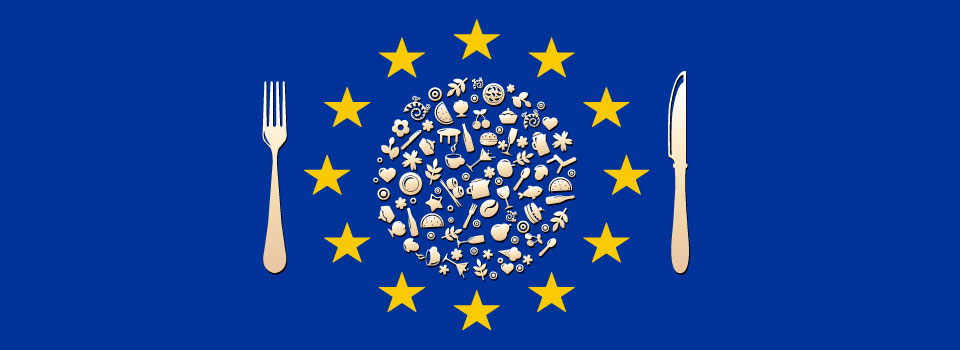A decade of industry influence at the European Food Safety Authority (EFSA)
As the European Food Safety Authority celebrates its 10th anniversary, a new report from Corporate Europe Observatory (CEO) and Earth Open Source questions the independence of its advice.
Conflicts on the menu: A decade of industry influence at the European Food Safety Authority highlights the agency’s reliance on industry data and industry-linked experts and calls for a complete overhaul of EFSA’s operations.
Executive summary
In 2012 the European Food Safety Authority (EFSA) celebrates its 10th anniversary. ESFA has been strongly under attack, and increasingly so in the past few years. In this report Corporate Europe Observatory andEarth Open Source take stock of what there is to celebrate. But the reality is sobering.
Criticism of the way the way EFSA deals with the safety of products like pesticides, food additives, and genetically modified organisms (GMOs) is widespread and comes from many different sources: civil society groups, Members of the European Parliament, other public institutions, scientists, and, increasingly, the media.
Too often it’s not independent science that underlies EFSA decisions about our food safety, but industry data. EFSA panels base their scientific opinions on risky products like pesticides and GMOs largely on industry-sponsored studies. EFSA has often been found to ignore independent research for unscientific reasons. The agency has issued controversial guidelines for the assessment of pesticides and GMOs that benefit industry, not the public interest. In some cases EFSA even copies wording from industry sources.
Nor are all of the EFSA experts who make these decisions independent. Many EFSA panel members have ties with biotech, food, or pesticide companies. EFSA’s rules allow blatant conflicts of interest to persist. Food industry lobbies are even represented on the EFSA management board. Panel members and management have strong, systematic ties to the industry lobby group, the International Life Sciences Institute (ILSI), which is funded by major food, chemical, and biotech corporations. The ‘revolving door’ (where public officials move to industry jobs or vice versa) is also at work in EFSA.
EFSA revised its independence policy on scientific decision-making and conflicts of interest in 2011, but this resulted largely in a summary of the policies already in place. Despite some improvements, the new policy fails to address the fundamental problems of industry science and conflicts of interest.
EFSA and the European Commission claim that it is not realistic to exclude experts with industry links since EU and national policies promote public-private partnerships for the sake of innovation-driven competitiveness.
But there may be other reasons for the high number of industry-linked experts, such as the fact thatEFSA panel members do not get paid and work in their free time.
Important developments will take place in 2012 that will show whether EFSA and the EU institutions have any intention of bringing about the radical changes needed. For instance, the membership of eight panels and the scientific committee will be renewed, EFSA is undergoing an official evaluation, and the EuropeanCommission will start this year with a revision of EFSA’s founding regulation.
In anticipation of these developments, this report by Corporate Europe Observatory (CEO) and Earth Open Source (EOS) explains how EFSA works, what science is used, how conflicts of interest occur, and how industry influences the agency’s work. Corporate Europe Observatory and Earth Open Source have published this report to contribute to the debate on what changes are needed in the interest of food safety, public health and the environment. We also aim to engage more people and organisations in the push for radical change at EFSA and to reverse its current pro-industry bias.
- Read the full report (pdf) available in English
- Read the full report (pdf) available in French
A three-minute animation clip produced by Corporate Europe Observatory highlights problems at EFSA:

